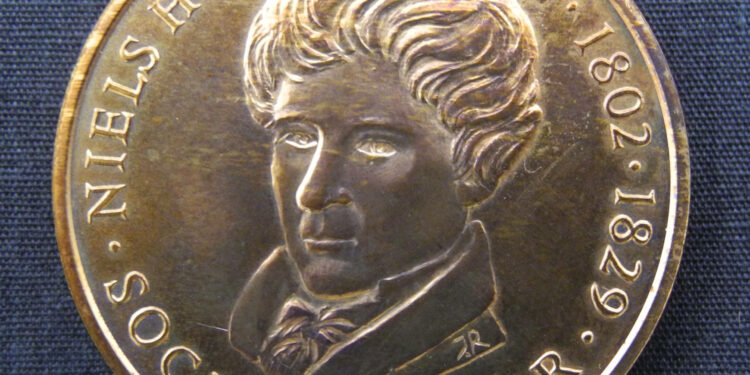In news– Abel Prize has been awarded to Professor Dennis Parnell Sullivan recently.
About Professor Dennis Parnell Sullivan-
- Prof. Sullivan from the City University of New York was awarded the prize for his groundbreaking contributions to topology in its broadest sense, and in particular its algebraic, geometric and dynamical aspects.
- Topology is the study of space and shapes, and most of Dr. Sullivan’s work involves what mathematicians call manifolds — the higher-dimensional versions of two-dimensional surfaces.
- While that work is abstract, some of his recent research in fluid flows and turbulence could add to the understanding of the paths of hurricanes, the dispersions of air pollutants and the whorls of vortices behind airplane wings.
About the award-
- It is awarded annually by the King of Norway to one or more outstanding mathematicians.
- It is named after the Norwegian mathematician Niels Henrik Abel and the prize was instituted in 2002, to commemorate his 200th birth anniversary.
- Abel was a young genius who, when he was just 22, showed the unsolvability of the quintic equation, which had puzzled mathematicians for 250 years.
- In 1826, he presented an important theorem in Paris.
- Now, his discovery forms the mathematical basis for the CT scan and also used today in ECC-cryptography, used for encrypting data online.
- He contracted tuberculosis and died on April 6, 1829, when he was only 26 years old.
- The Fields Medal and the Abel Prize are the two important international prizes for mathematics.
- While the Fields Medal honours brilliant work done by a mathematician below the age of forty years, the Abel Prize has no age limit and is more of a lifetime achievement award celebrating important contributions made to a field of mathematics.
- The first Abel Prize, awarded in 2003, went to French mathematician Jean-Pierre Serre.
- The only person of Indian origin to have won this prize is Srinivasa S.R. Varadhan in 2007 and was awarded for his fundamental contributions to probability theory and in particular for creating a unified theory of large deviation.
- So far, the prize has gone to only one woman mathematician, Karen Keskulla Uhlenbeck of University of Texas, U.S.A.
- The prize consists of a citation and a prize money of 7.5 million Norwegian Kroner.
















